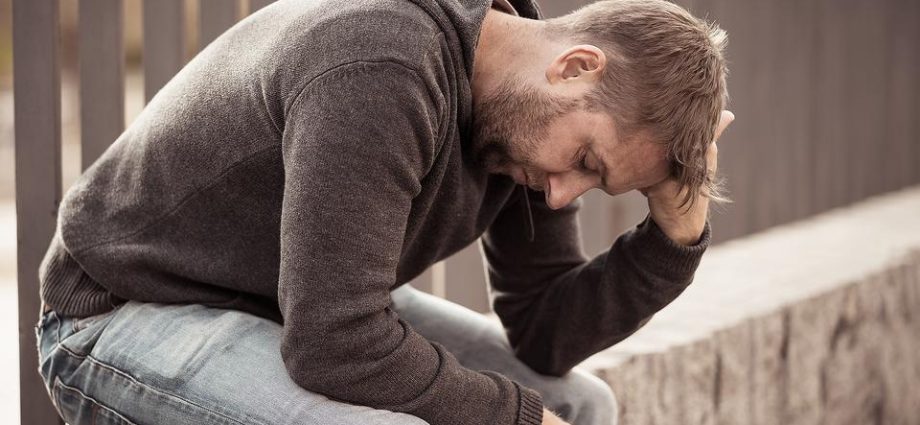Stress, loneliness, lack of sleep — these factors can weaken the immune system and make us more susceptible to viruses, including COVID-19. This opinion is shared by the scholar Christopher Fagundes. He and his colleagues found a direct link between mental health and immunity.
“We have done a lot of work to find out who and why is more likely to catch colds, flu and other similar viral diseases. It became clear that stress, loneliness and sleep disturbances seriously undermine the immune system and make them more susceptible to viruses.
In addition, these factors can cause excessive production of anti-inflammatory cytokines. Because of what a person develops persistent symptoms of an upper respiratory tract infection, ”says Christopher Fagundes, assistant professor of psychological sciences at Rice University.
Problem
If loneliness, sleep disturbances and stress weaken the immune system, then, naturally, they will affect the infection with the coronavirus. Why do these three factors have such an impact on health?
Lack of communication
Studies have shown that when exposed to the virus, healthy, but lonely people are more likely to get sick than their more sociable fellow citizens.
According to Fagundes, communication brings joy, and positive emotions, in turn, help the body fight stress, thereby supporting immunity. And this despite the fact that extroverts are more likely to meet others and are more likely to catch the virus. Fagundes called the situation when people need to stay at home as a prevention of infection paradoxical.
Healthy sleep
According to the scientist, lack of sleep is another important factor affecting immune health. Its value has been proven experimentally more than once. Researchers agree that people who suffer from insomnia or lack of sleep are at greater risk of catching the virus.
Chronic stress
Psychological stress affects the quality of life: it causes problems with sleep, appetite, communication. “We are talking about chronic stress, lasting several weeks or more. Short-term stressful situations do not make a person more susceptible to colds or flu,” Fagundes says.
Even with normal sleep, chronic stress itself is quite devastating to the immune system. The scientist cited as an example students who often get sick after a session.
Solution
1. Video calling
The best way to reduce stress and loneliness is to communicate with loved ones and friends through instant messengers, over the network, through video calls.
“Research has proven that video conferencing helps to cope with the feeling of being out of touch with the world,” says Fagundes. “They are even better than ordinary calls and messages, protect against loneliness.”
2. Mode
Fagundes noted that in conditions of isolation, it is important to observe the regime. Getting up and going to bed at the same time every day, taking breaks, planning work and rest — this will help you get less hung up and get yourself together faster.
3. Dealing with anxiety
Fagundes suggested setting aside «worry time» if a person is unable to deal with fear and anxiety.
“The brain demands to make a decision immediately, but when this is not possible, thoughts begin to spin endlessly in the head. This does not bring results, but it causes concern. Try to take 15 minutes a day to worry, and better write down everything that worries you. And then tear up the sheet and forget about unpleasant thoughts until tomorrow.
4. Self control
Sometimes it’s useful to check if everything we think and assume is true, Fagundes said.
“People tend to believe that the situation is much worse than it is, to believe news and rumors that are not true. We call this cognitive bias. When people learn to recognize and then refute such thoughts, they feel much better.”










